The Ringer, like Grantland, is good. This is an unsurprising occurrence, as both sites are (or were, in the case of Grantland) pioneered by Bill Simmons, led by a similar cohort of editors, and have a similar focus and style. However, despite these similarities, The Ringer does fall short of its predecessor in at least one way – podcasting.
The Ringer is in the process of creating a podcast network to match or exceed the success of the Grantland podcast network. In a somewhat wistful review I wrote last year about the decline of the ESPN podcast dynasty, I highlighted Grantland for its iconoclastic podcast style and for leading the way in the industry. The Ringer, with a similar cast of characters, has every opportunity to produce superb content and build off the sturdy foundation Grantland created.
Now, over eight months into The Ringer’s tenure, it is failing to live up to these expectations. Due to the loss of big-name talent and the inability to capture its unique style, The Ringer is struggling to produce content that stands out in a saturated podcast field.
***
The latest
Specifically, when it comes to sports podcasts, I am looking for all of this in addition to unique and smart analysis. If a podcast is going to focus on the same topics the general sports media is covering and echo the same analysis, then there is little incentive to listen. A good sports podcast brings something different to the table. That can be unique takes on a popular subject, engaging analysis that embraces forward-thinking statistics, an intense focus on an under-covered topic, or a litany of other strategies.
Many of the Grantland podcasts did these things. Zach Lowe combined his excellent ability to breakdown game tape with insightful conversations with the smartest voices in the basketball community, Bill Barnwell and Robert Mays had a strong repartee coupled with their engaging football analysis, and the strong chemistry and complimentary styles of David Shoemaker and Peter Rosenberg created a fun discussion about wrestling every week. Nearly across the board, Grantland podcasts were well regarded, each providing a unique reason to listen.
In addition to its quality original podcasts, Grantland utilized its platform, as a part of ESPN, to highlight content outside of the Mothership’s reach. In doing so, they were bucking convention by directing listeners to very good non-ESPN podcasts, such as The Basketball Jones (now The Starters), Men in Blazers, and The Solid Verbal. Grantland leadership not only hired and developed good talent, but they also identified and recognized other’s talent that fit within the enlightened and thoughtful style that embodied Grantland.
The Ringer has failed to live up to this ingenuity, nor has it given listeners a reason to listen. Its podcasts are fine, they are passable, but they need to be held to a higher standard because I have little doubt that they are capable of producing great content. Their takes haven’t been served quite as hot as they often are in the sports media, but they also have been uninspiring.
The Ringer, as a whole, is missing the qualities that make podcasts great – they are missing the engaging hosts, insightful and smart interviews, and the unique podcast flavor that defined most of Grantland’s podcasts.
From what I can tell, Chris Vernon is a respected voice in the basketball community, but for my purposes he’s the poster child for The Ringer’s podcast problems. Vernon hosts The Ringer NBA Show and the Ringer University podcasts and he is everything that podcasts are not. He is the prototypical sports radio voice, from his cadence and tone to his style; he represents the thing that so many sports fans have run to podcasts in order to get away from. He falls flat in the podcasting landscape. The decision to hire Vernon, an analyst whose style runs counter to that of what The Ringer is supposed to be, hints at the site’s inability to maintain a consistent style across their brand.
With all of this in mind, I don’t solely want to focus on the negative. The Ringer is producing some quality content. The Ringer NFL Show, for example, is very good due in large part to the podcasting brilliance of Robert Mays. The Ringer MLB Show is improving now that they have brought on podcasting veteran and all around smart baseball analyst Ben Lindbergh, and though I am not a big golf fan, the Shack House podcast has also proved to be a quality podcast.
***
The first and most obvious difference between the two podcast networks is star power. Grantland had it in droves, featuring some of the best sports writers in the industry, including Zach Lowe, Jonah Keri, and Bill Barnwell. Grantland even featured non-sports nerd star and entertaining analyst Jalen Rose. The Ringer podcast network still, obviously, features at least one star in Bill Simmons, who ostensibly hosts the same show with many of the same guests to the preeminent B.S. Report. Even though Simmons still leads the way at The Ringer, the losses of Lowe, Keri, Barnwell, Rose, and others has undoubtedly had an impact. There is a reason that all of the names listed above continue to host their own podcasts and succeed in the industry. It is near impossible to lose this kind of talent in any venture and not lose a step.
Though I have little doubt that this loss of talent is significant, there is a far bigger concern, one that I have alluded to throughout this piece, and it is The Ringer’s overall shift in style and tone. It is evident in the written content that is being produced, and has manifested itself in the kitschy segments and analysis at times on the baseball, basketball, and college sports podcasts. They have lost the original and unique analysis that allowed the Grantland podcasts to be one of the leaders in the industry. It is also important to note that Lowe and Barnwell were not big names in the sports industry prior to their work at Grantland. The style of the podcasts and the freedom given to hosts to use their unique voices to take ownership of the product empowered them and allowed them to flourish. Not only is The Ringer missing the new generation of star analysts, but the podcasts themselves have been monotonous, a reflection of a clear diversion from the style Bill Simmons and Co. have worked so hard to create.
***
While my disappointment is palpable, all is not dire. In addition to The Ringer producing wonderfully unique, wonky, and smart writing, there are some signs that they will be able to recover from what podcast fans can only hope is just a stumble out of the gates. First and foremost was the decision to bring in Robert Mays, former co-host of the Grantland NFL podcast and current writer and NFL podcast host for The Ringer. Mays blends a fan’s perspective of the game with smart analysis and is able to deliver both of these in a very engaging and conversational style. The addition of baseball writer Ben Lindbergh was also a good sign for both the present and future. Lindbergh has hosted a truly unique podcast called Effectively Wild under the auspices of Baseball Prospectus. His focus on sabermetric and quirky concepts is not for everyone, nor is his laid back disposition on air, but he is a really smart analyst and podcaster. The Ringer also imported David Shoemaker from the very well regarded Cheap Heat podcast that was formerly a part of the Grantland network to host a wrestling podcast, which was a smart hire.
The good news is that The Ringer does have some of the necessary building blocks, and when it comes to creating content, Bill Simmons has never steered us wrong in the past (aside from Any Given Wednesday, that is). I trust Simmons and his team to continue to hire and develop the next stable of sport writing’s rising stars. While I am more concerned about the early shift in style, I hope The Ringer higher ups identify where they have strayed and right the ship.
The Ringer is still very young, and many of its podcasts are even younger, so they should certainly receive some leeway, but in a podcast landscape that is so saturated with quality content, The Ringer’s leadership has to improve the quality of their programming and be more creative as their podcast network grows. They will also have to renew the trust in their content that has been lost over the last handful of months. They will have all of the opportunities to do this because of the credibility Grantland had and Simmons has, but if the content does not improve, people will simply turn elsewhere.
Daniel Stein-Sayles has written about sports for SB Nation’s Amazin’ Avenue, media for Awful Announcing, and New York City Politics for both City Limits and the Gotham Gazette. He cares about the Mets, politics, and other silly things like that.

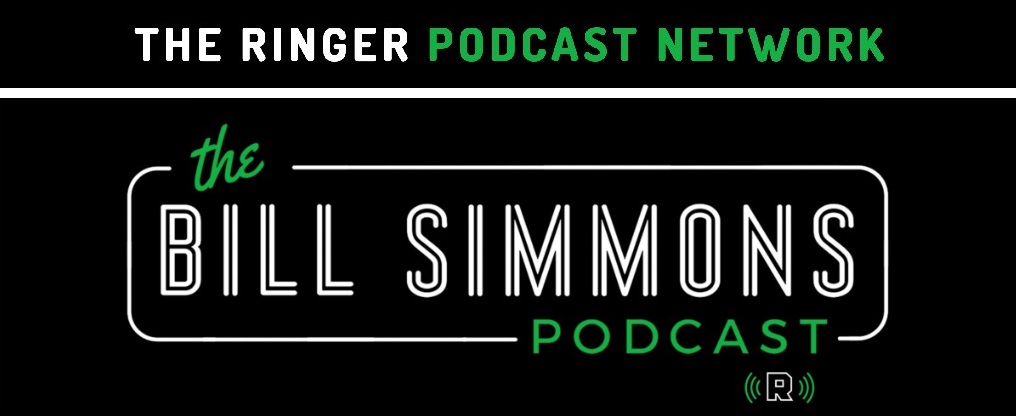
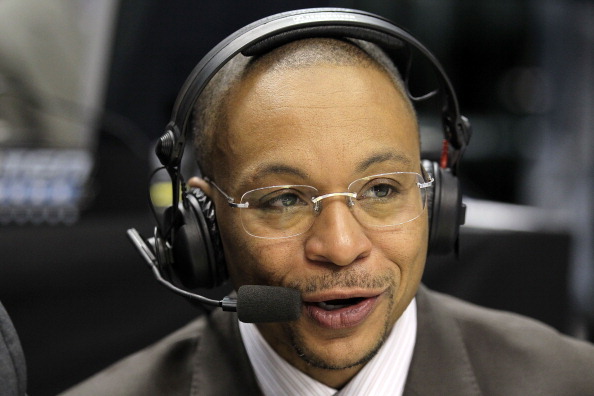
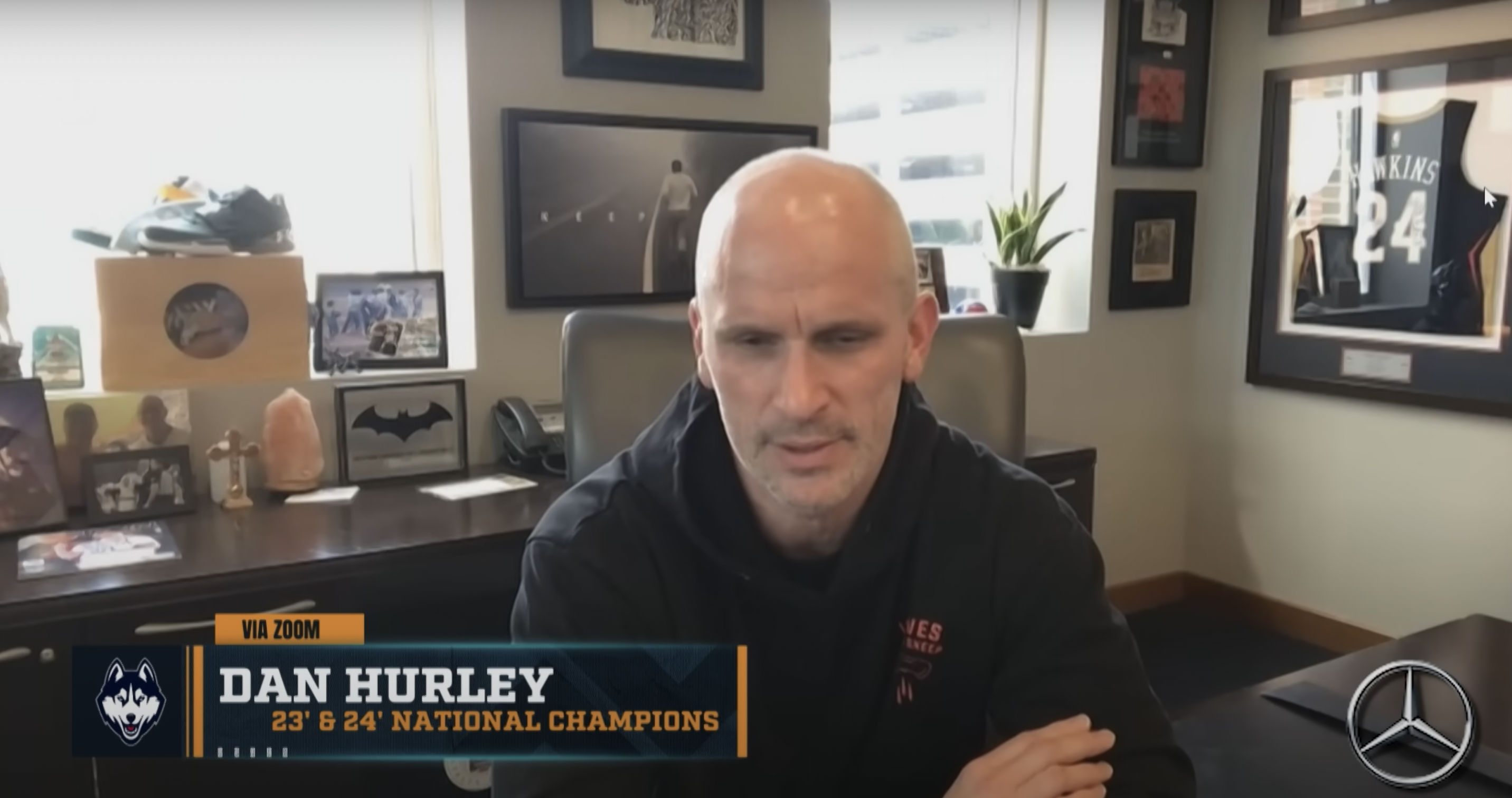
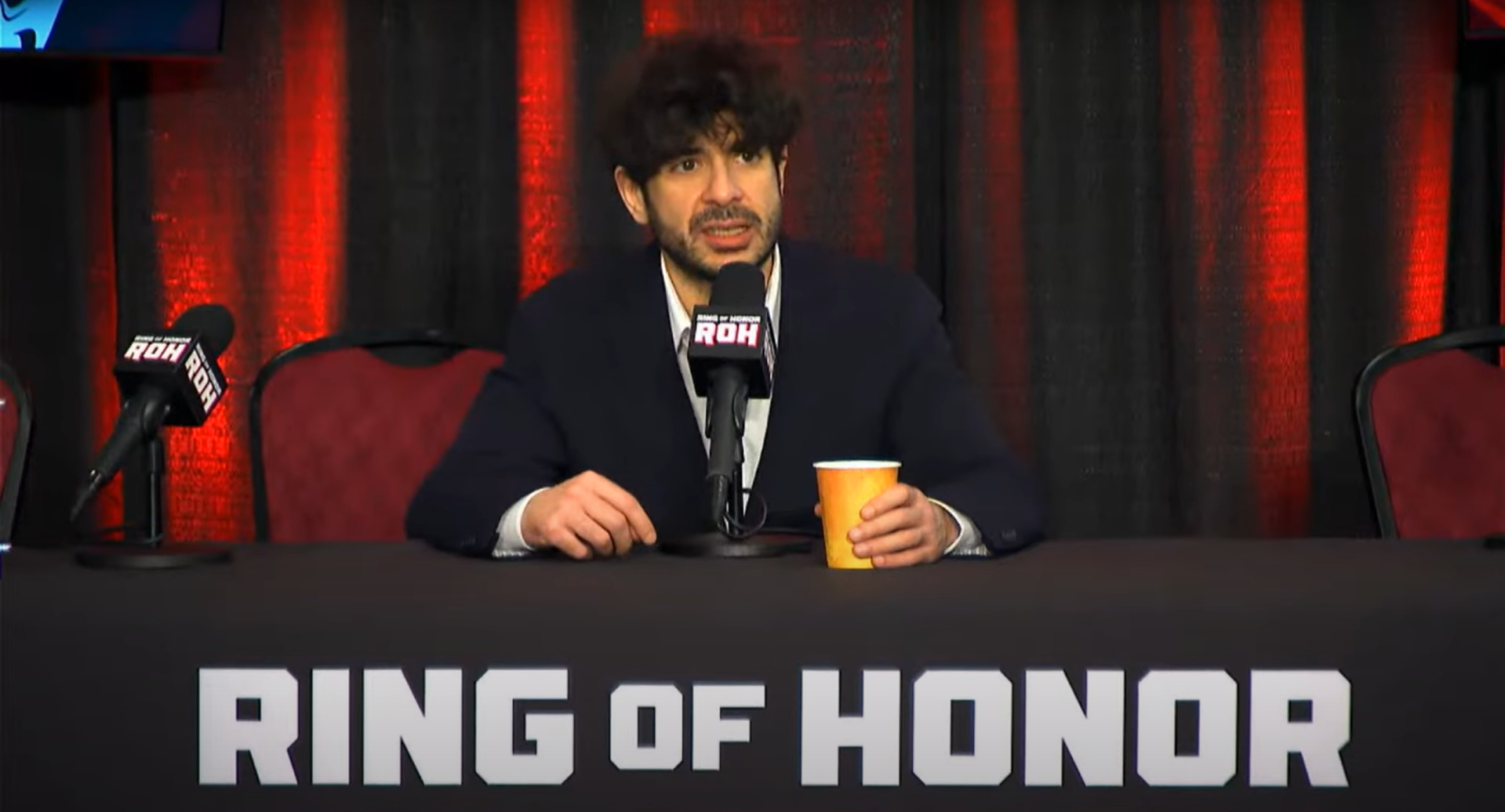
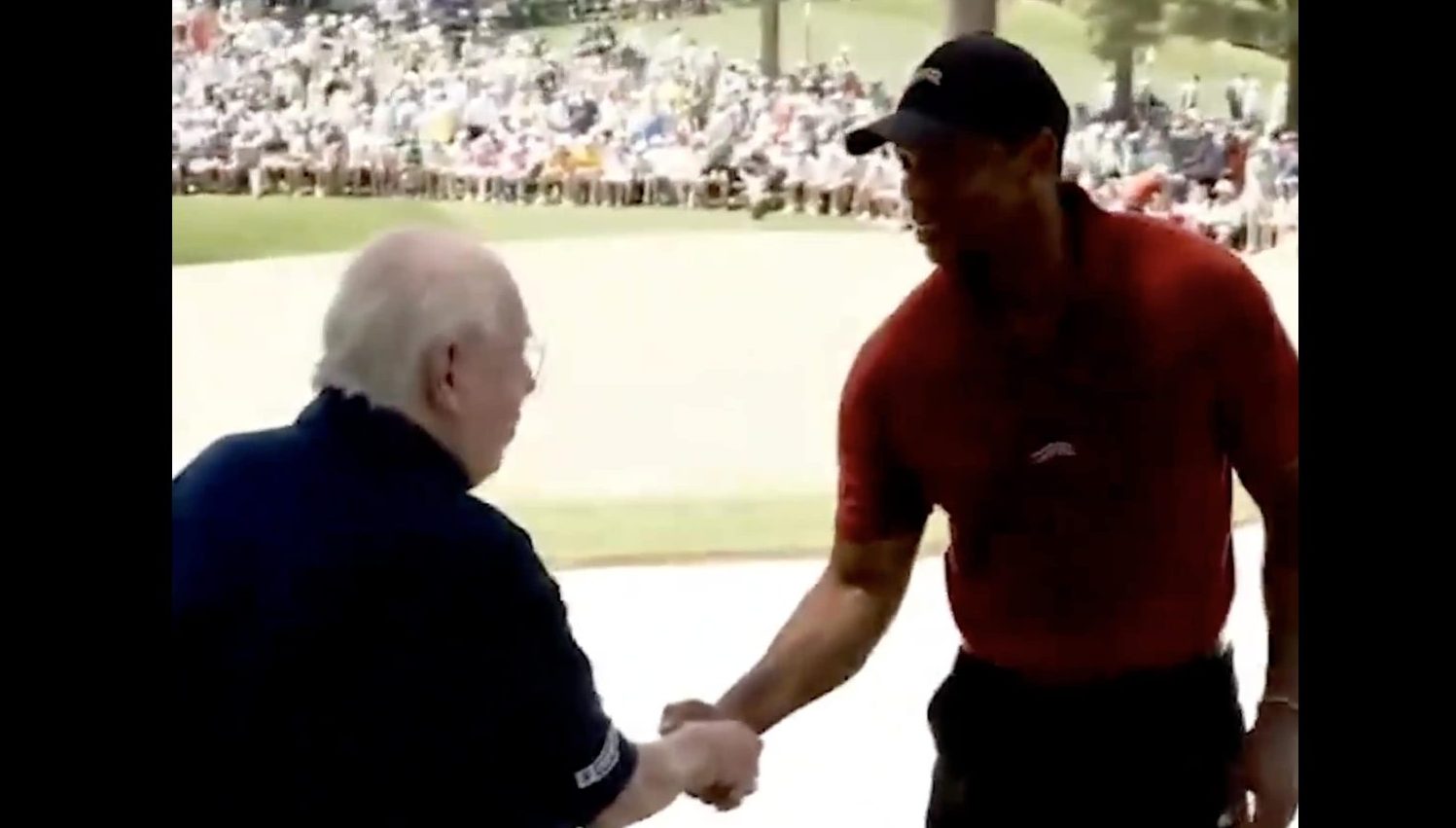
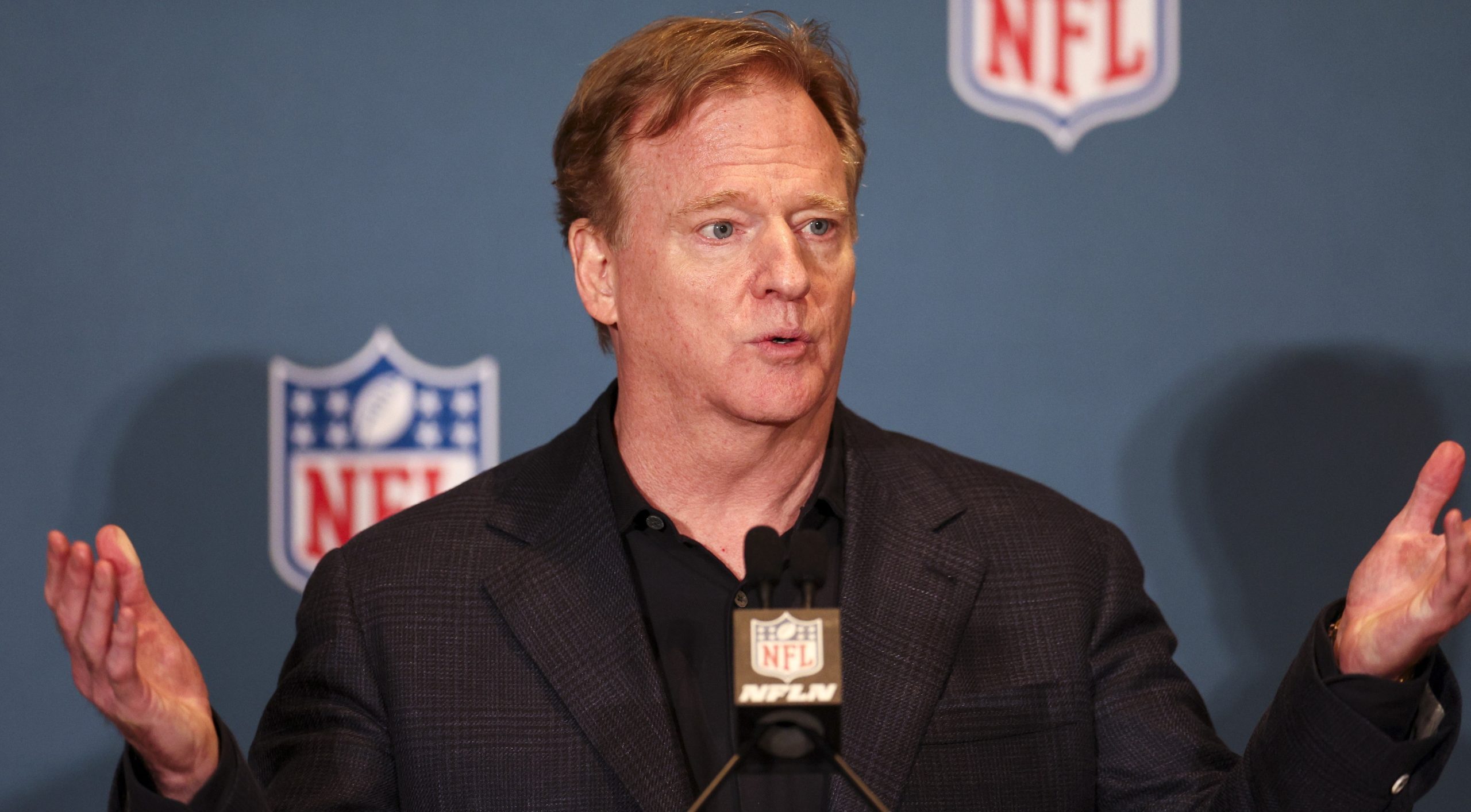
Comments are closed.